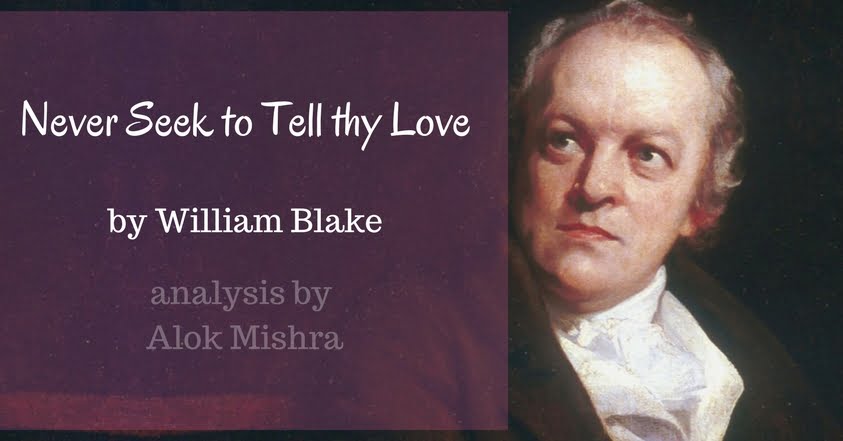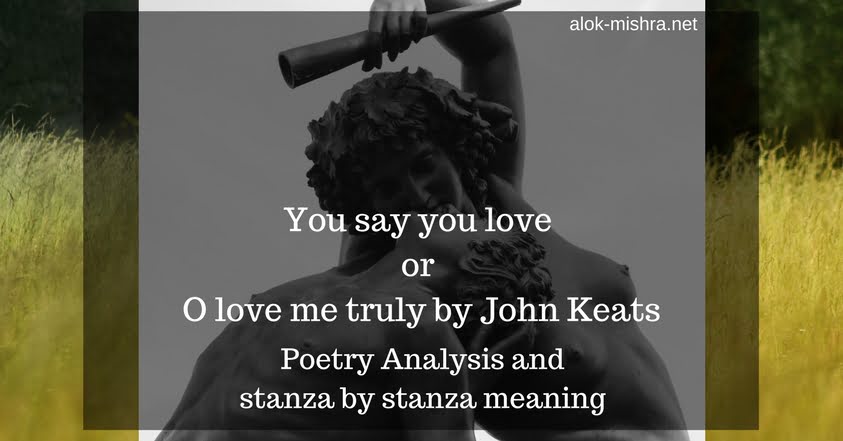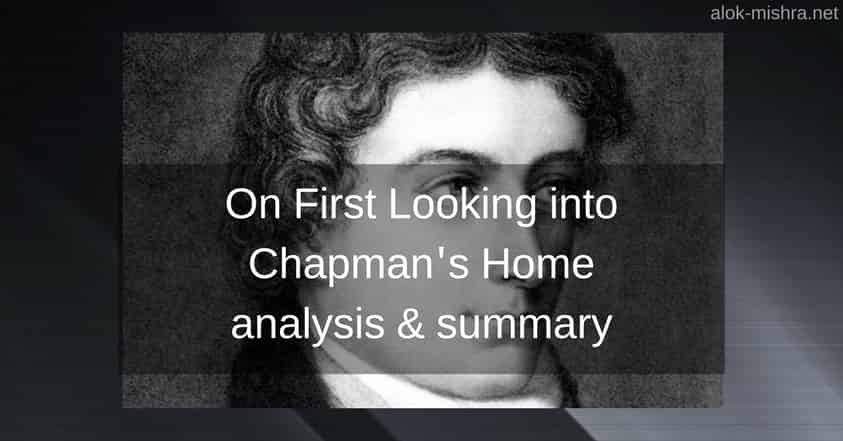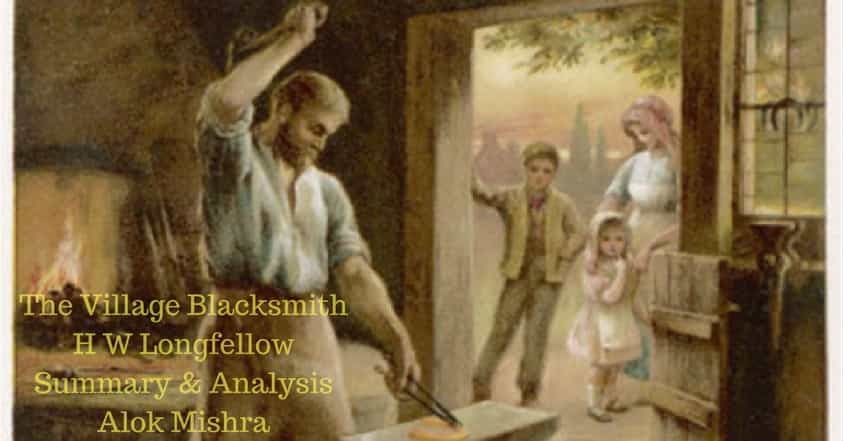"You say you love; but with a voice" is a love poem by John Keats…
Never Seek to Tell thy Love | William Blake | Analysis
Well, gone are the days I used to bother about assignments during my college days. Still, once again, it’s Too Little Too Much! I have an invisible assignment to complete and I will complete it enthusiastically. Most of you, who are serious readers of poetry, must have been troubled once or many times by the writings of William Blake which are far more than just being serious – clandestine, secretive, mystic and yet, revealing too! One such short poem by William Blake is his Never Seek to Tell thy Love. And today, I will be doing my best to make the poem as easy as possible. Though I know many readers-cum-critics-cum professors might not agree with all I say or even nothing that I say, this is just an attempt as we all know well that once the poem is composed by the poet, we all have our own versions of the meaning derived from it… So, here is my version of Blake’s Never Seek to Tell thy Love which the students of literature can also use as a sort of analysis.

The text:
Never seek to tell thy love
Love that never told can be
For the gentle wind does move
Silently invisibly
I told my love I told my love
I told her all my heart
Trembling cold in ghastly fears
Ah she doth depart
Soon as she was gone from me
A traveller came by
Silently invisibly
O was no deny
(courtesy – Poetry Foundation)
Stanza by stanza analysis & decoding:
“Never seek to tell thy love
Love that never told can be
For the gentle wind does move
Silently invisibly”
In the Norton Critical Edition, Blake’s Poetry and Design, the first line goes like this:
“Never pain to tell thy love”
So, if we replace the first line, much of the meaning of the poem makes itself dramatically clear. The poet is himself the lover; this is clearly visible as we give a cold read to the poem. So, the poet is offering an advice to others what should one do in love. Now, there are two possible connotations that we can clearly derive from the first stanza. A lover should not tell all the secrets to his beloved (maybe some past love or something else) and rather he should love what is not to be told. But, this meaning isn’t carried in the next two lines as the poet is talking about the ‘gentle breeze’ which moves ‘silently’ and ‘invisibly’. So, I will rather go with my own version that William Blake is telling the readers they should not rush in the matters of love. Love cannot be bulldogged upon someone! If one really loves someone, it’s wiser to wait for the right moment to tell about it and remain as gentle and as calm as the soothing wind which soothes us in the summer without blowing away that poor bird’s nest. Moving to the next stanzas, the readers will surely connect with what I am trying to infer.
“I told my love I told my love
I told her all my heart
Trembling cold in ghastly fears
Ah she doth depart”
The poet has erred; he admits it. He has told his beloved all that he harboured in his heart. The beloved (we are not told whether she loves the poet back or not, so we are assuming she does not love her) is afraid and too afraid as the lines suggest and she is parted from the poet. Now, the second stanza might be settled with both versions – the poet-lover with a secret or the poet-lover hurrying in disclosing his love for his beloved. Someone whom you love should love you back isn’t always necessary. (Of course, I am talking about the love between a man and a woman.) So, I think this stanza cannot be bound to any of the interpretations I have derived from stanza one. We will have to see what happens in the next stanza which might conclude one certain theory.
“Soon as she was gone from me
A traveller came by
Silently invisibly
O was no deny”
The poet has been left alone by the girl (no more beloved because she did not stop after the poet declared his love or told her his secrets). A ‘traveller’ enters the scene now – ‘silently’ and ‘invisibly’. The poet could not ‘deny’ the traveller because it was so silent and invisible (the movement). Now, the last stanza doesn’t make much sense to me if I go by the ‘secret’ theory that lovers should not disclose their secrets. But, if I come by my own theory that the lovers should wait for the right moment to disclose their love and give their counterpart in love an equal opportunity to understand it. There should be no hurry and no forceful ways of showing one’s love for someone. The ‘traveller’ might be some girl who entered the life of the poet and they observed and understood each other, taking ample time – ‘silently’ and ‘invisibly’ and then, there was no option left to ‘deny’ each other’s love…
So readers and friends, what William Blake might have meant by his original first line, Never pain to tell thy love, to my mind, is that he wanted to tell lovers that don’t rush – only if you love someone doesn’t mean you can get your love without letting your love understand your love… even by going the edited version, one should never seek to tell one’s love; let the love tell for itself! Am I sounding too mystic or too perplexing? Well, you can understand my situation; I am trying to tell others what William Blake might have done in his poem – it should be pardonable!
Happy Reading guys! Keep reading poetry!
And it’s always Too Little Too Much…
2.
Never Seek to Tell thy Love | William Blake | Analysis




Thanks for this wonderful summary and analysis of the poem. It helped me with my assignment.
Your analysis is good. Would you please read the last stanza again.The traveler who ‘came by silently invisibly ‘ in the last stanza, may refer to the ‘ gentle wind’ of the first stanza. (Now it would ‘make some sense’ for you!)
No, it still does not make ‘any sense’ to me!
The ‘sense’ that I had to make, I have already made! That might be a ‘sense’ from your perspective which is always welcome! 🙂